William E. Foley, Editor
The Missouri Biography Series focuses on citizens who were born in the state and those whose careers had significant impact on the region. From baseball great Stan Musial to renowned musician Scott Joplin to former president Harry S. Truman, this series highlights the lives of some of the notable individuals who have called Missouri home.
Kremer, Gary R.
James Milton Turner and the promise of America : the public life of a post-Civil War Black leader / Gary R. Kremer.
p. cm . - (Missouri biography series)
Includes bibliographical references and index.
ISBN 978-0-8262-2225-1 (paperback : alk. paper)
ISBN 978-0-8262-0780-7 (hardcover : alk. paper)
1. Turner, John Milton. 2. Diplomats-United States-Biography. 3. Afro-American politicians-Missouri-Biography. 4. Politicians United States-Biography. 5. Afro-Americans-History-1877-1964. 6. United States-Foreign relations-Liberia. 7. Liberia-Foreign relations--United States. 8. Missouri-Politics and government-1865-1950. I. Title. II. Series.
E664.T88K74 1991
973.8092-dc20
[B]
Bernard S. and Gertrude A. Kremer
Who Taught Me about the Promise of America
ACKNOWLEDGMENTS
This book, like all others, is a product of the generous help and assistance of many people. My mentor, Lorenzo J. Greene, introduced me to the historical figure James Milton Turner. I wish he were still here to see the final result. William E. Parrish, whose books on postCivil War Missouri provided me with a starting point for studying Turners life, gave me countless hours of his time; in the process, he became more to me than a helpful scholarhe became a good friend. Lawrence O. Christensen, another good friend whose interest in Turner rivals my own, has also been extremely generous in his assistance. In particular, he discovered the letters that are the foundation of . Indeed, that chapter is as much his as mine.
Many other scholars have been helpful in reading portions of the manuscript, in sharing their research with me, or in simply offering stimulating conversation and encouragement. I appreciate the support of Elizabeth Caldwell Beatty, Robert L. Beisner, Roger H. Brown, Donald H. Ewalt, Jr., William E. Foley, John Hope Franklin, Thomas E. Gage, Willard B. Gatewood, James W. Goodrich, Antonio F. Holland, Alan M. Kraut, Allen Lichtman, John Marszalek, August Meier, Joe M. Richardson, Nell Irvin Painter, Joel Williamson, and Kathleen Wojciehowski.
Numerous librarians and archivists have tolerated my persistent questions and, more often than not, been able to help me find answers. I especially want to thank the staffs of the following repositories: the Library of Congress, the National Archives, The State Historical Society of Missouri, the Western Historical Manuscript Collection at the University of MissouriSt. Louis, the Arkansas Historical Commission, the Missouri Historical Society, the Missouri State Archives, the Kingdom of Callaway Historical Society, the Oklahoma Historical Society, and the Moorland-Spingarn Research Center. Librarians at the following institutions have helped me considerably: Lincoln University of Missouri, the University of Oklahoma, the American University, the University of Missouri. Melvina Conley of the St. Louis Circuit Court Archives has been especially helpful.
Earlier versions of Chapters appeared in altered form as For Justice and a Fee: James Milton Turner and the Cherokee Freedmen, The Chronicles of Oklahoma 57 (Winter 19801981): 37791. That article, likewise, is copyrighted and reprinted with the permission of the Oklahoma Historical Society. I wish to express my gratitude to both Societies for allowing me to use previously published material.
Patrick H. Huber, my research associate, provided invaluable assistance. Janet M. Kremer and Sharon N. Kremer typed and retyped the entire manuscript with great patience and good humor.
Lisa Dugan Kremer read and critiqued the manuscript, thereby helping me to produce a better book than I would have produced without her. I appreciate, also, the equanimity with which our children, Randy, Sharon, and Becky, tolerated the presence of an additional person in the house; James Milton Turner, it seems, has become part of the family.
Finally, I wish to thank Missouris Secretary of State, Roy D. Blunt, for allowing me time away from my duties at the Missouri State Archives so that I could finish this book. Likewise, my co-workers at the State Archives have been wonderfully supportive.
Deficiencies that remain in this study stand as a testimony to my own intransigence more than to the quality of help that I have received.
I pray you... receive my little book in all charity, studying my words with me, forgiving mistake and foible for sake of the faith and passion that is in me, and seeking the grain of truth hidden there.
W. E. B. DuBois, The Forethought,
Souls of Black Folk, 1903
PROLOGUE
A Niche in the Temple of Time
The Negro has been with us from the very beginning of the history of our State, and, indeed, of the nation itself. Surely, he must somewhere, at some time and somehow, have carved his humble niche in the temple of time.
James Milton Turner
Dred Scott Eulogized,
April 18, 1882
This account of the public life of James Milton Turner has been in progress for so long that it has developed a history of its own. I discovered the historical figure James Milton Turner slightly more than two decades ago, in an undergraduate black history course taught by Lorenzo J. Greene at Lincoln University. I was a sociology major studying under the redoubtable Oliver Cromwell Cox, on my way, I thought, to a career as a social worker.
I was troubled, however, by the two dominant problems of my generation: the Vietnam War and the civil rights movement. In fact, I had enrolled in a black history course because I wanted to understand the momentous events of the midsixtiesthe sit-ins, boycotts, riotsand the recalcitrant racism that caused them, from the perspective of time. What happened to me, however, was that over the course of the semester, I came to view the discipline of history differently than ever before.

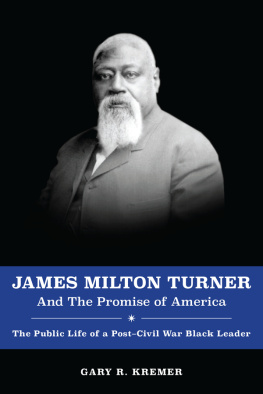

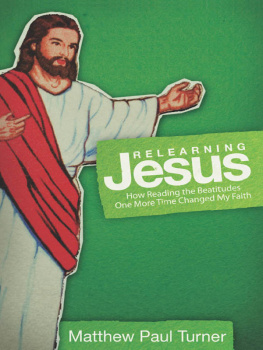
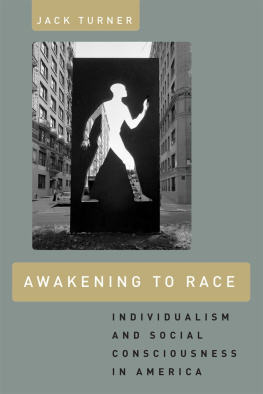



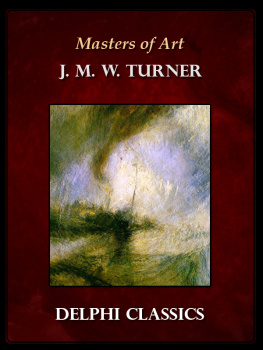

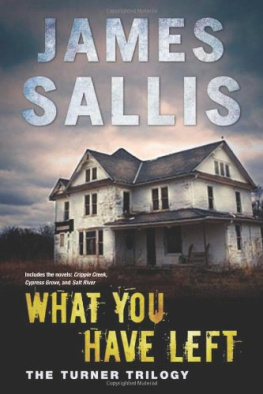

 This paper meets the requirements of the American National Standard for Permanence of Paper for Printed Library Materials, Z39.48, 1984.
This paper meets the requirements of the American National Standard for Permanence of Paper for Printed Library Materials, Z39.48, 1984.